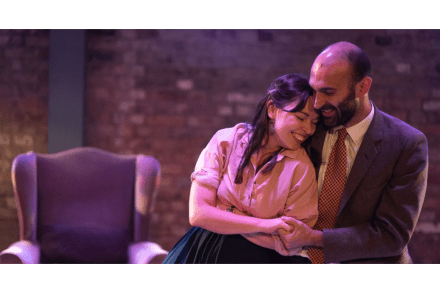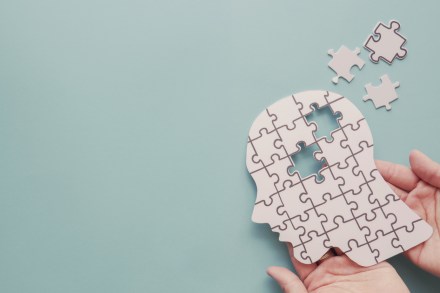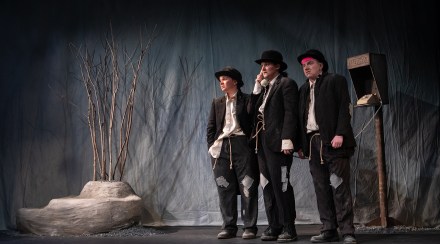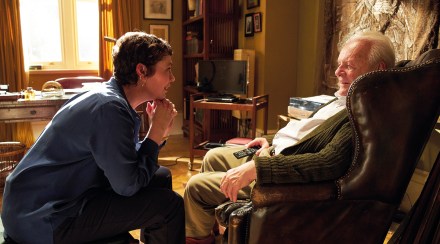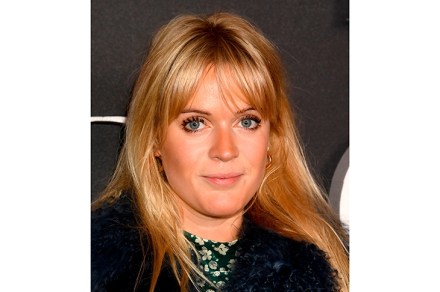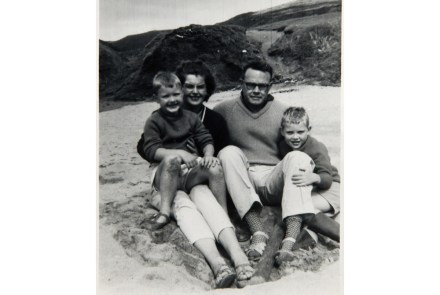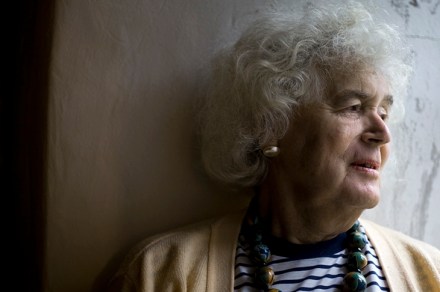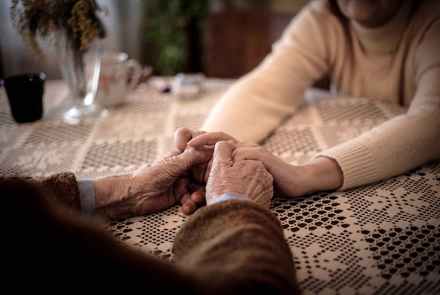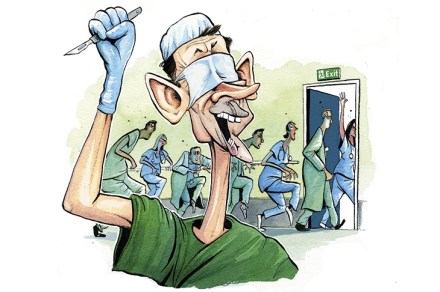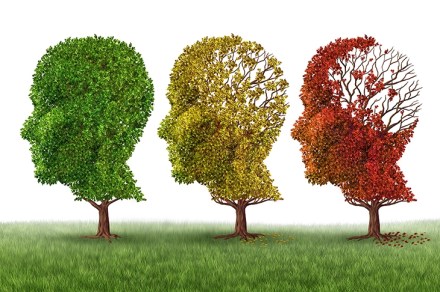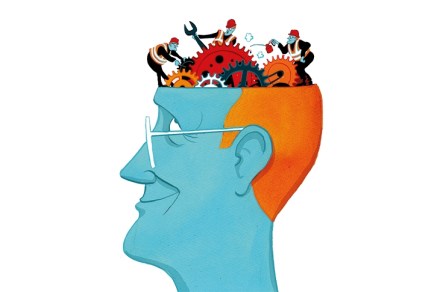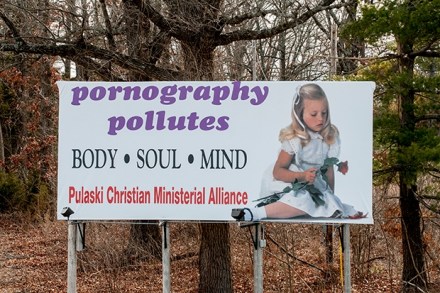Ageing well: becoming a world leader in tackling dementia and Alzheimer’s
46 min listen
With cases of neurodegenerative conditions rising in the UK, it’s crucial to re-examine how we tackle these diseases. The Spectator’s assistant editor Isabel Hardman speaks to Debbie Abrahams MP (co-chair of the Dementia APPG), Dr Emily Pegg (associate vice president at Eli Lilly), Dr Susan Kohlhaas (executive director at Alzheimer’s Research), and Professor Giovanna Mallucci (principal investigator at the Cambridge Institute of Science). Eli Lilly and Company has provided sponsorship funding to support this event, and has had no influence over the content of the event or selection of speakers



